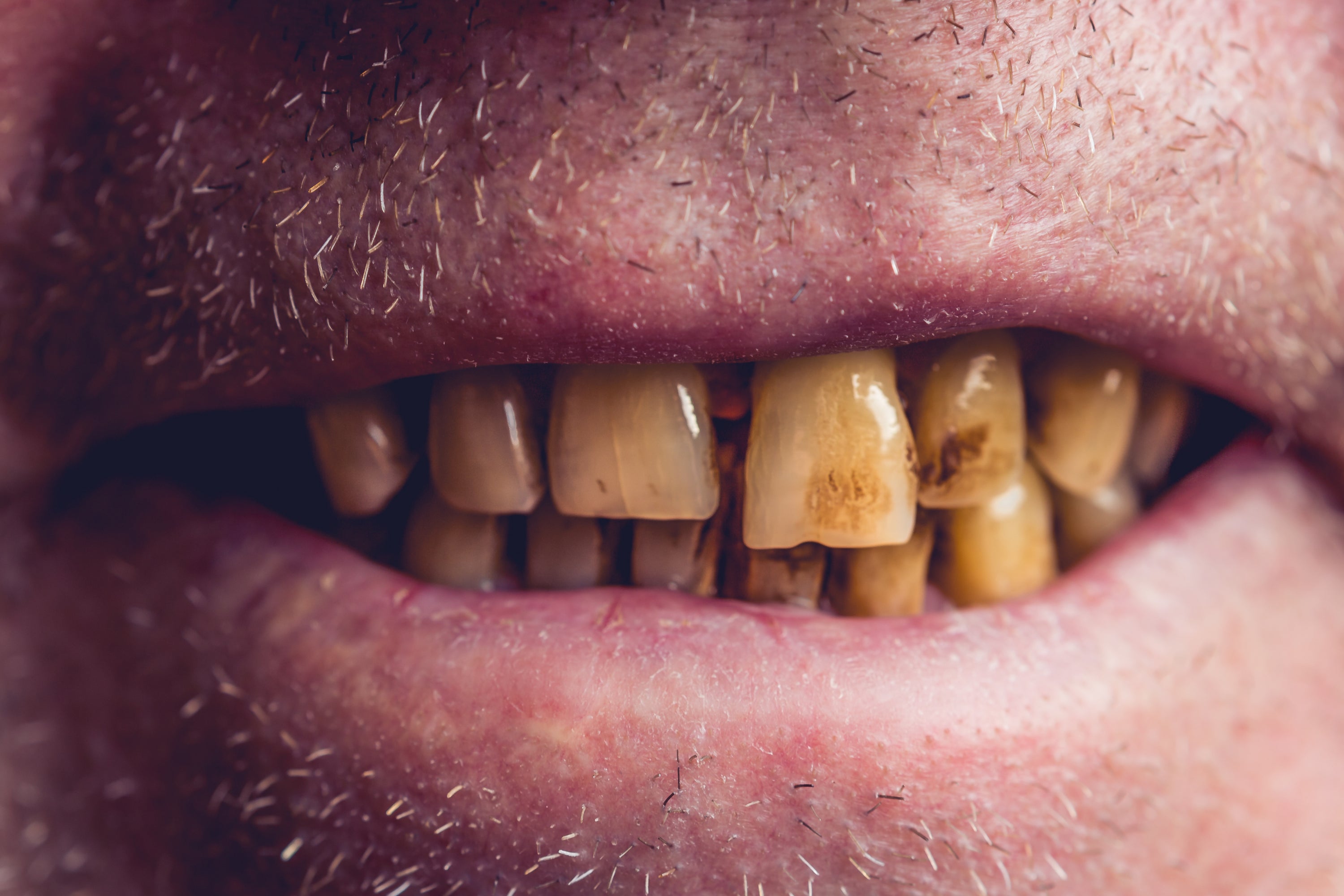The effects of smoking on oral health

Smoking is a habit that can have serious consequences on your overall health, including your oral health. Let's take a closer look at how smoking can affect your teeth and gums.
How does smoking affect your teeth?
Smoking can lead to yellowing of the teeth, bad breath, and an increased risk of cavities. The chemicals in tobacco can also weaken the enamel on your teeth, making them more susceptible to decay.
What about your gums?
Smoking can also have a negative impact on your gums. It can reduce blood flow to the gums, making it harder for them to heal from infections or injuries. This can lead to gum disease, which can cause pain, swelling, and even tooth loss.
Can smoking affect other parts of your mouth?
Yes, smoking can also increase your risk of developing oral cancer. The chemicals in tobacco can damage the cells in your mouth, leading to the growth of cancerous tumors. This can be a life-threatening condition that requires immediate medical attention.
What can you do to protect your oral health?
If you smoke, the best thing you can do for your oral health is to quit. Talk to your doctor about resources and support to help you kick the habit. In the meantime, make sure to practice good oral hygiene by brushing and flossing regularly, and visiting your dentist for check-ups and cleanings.
Remember, your oral health is an important part of your overall well-being. By quitting smoking and taking care of your teeth and gums, you can help protect yourself from the harmful effects of tobacco on your mouth. Your smile will thank you!








